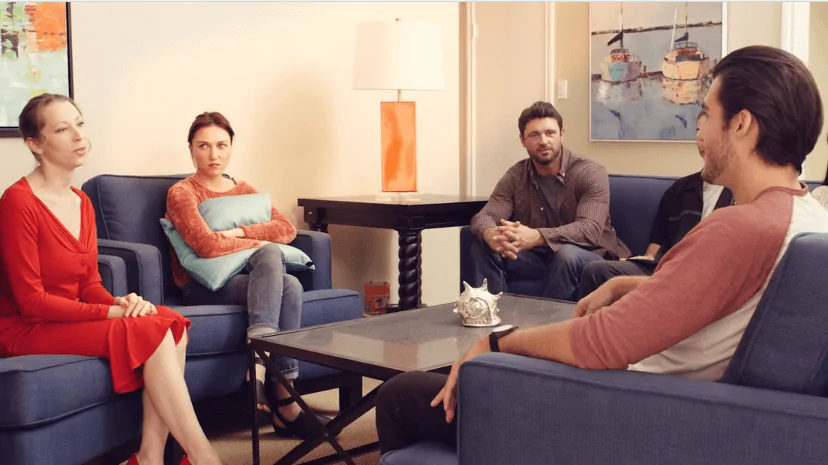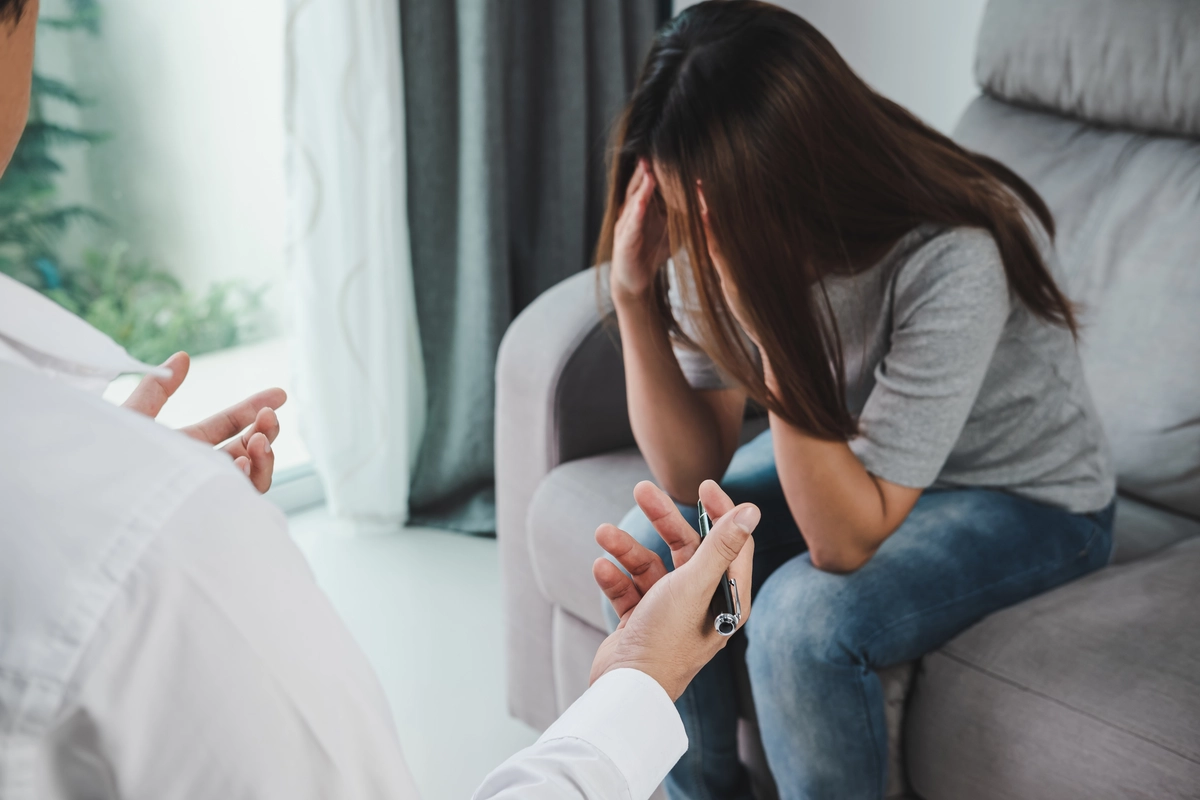24/7 Helpline:
(866) 899-111424/7 Helpline:
(866) 899-1114
Learn more about OCD Treatment centers in Arroyo Seco
OCD Treatment in Other Cities

Other Insurance Options

Health Choice

Group Health Incorporated

Excellus

Health Partners

Sutter

Sliding scale payment assistance

Choice Care Network

Regence

BlueShield

American Behavioral

Humana

UnitedHealth Group

Multiplan

AllWell

Lucent

Absolute Total Care

MVP Healthcare

BlueCross

Molina Healthcare

Magellan Health









Shadow Mountain Recovery
Shadow Mountain Recovery -- Taos Men's Detox and Residential Treatment Center is a residential drug ...

Vista Taos Renewal Center
Vista Taos Renewal Center offers a 28-day residential treatment for individuals with alcohol and/or ...






































































































































































Rio Grande Intensive Outpatient Treatment
Rio Grande Intensive Outpatient Treatment is a private rehab located in Taos, New Mexico. Rio Grande...

La Familia – Namaste – Taos
La Familia - Namaste is a non profit rehab located in Taos, NM. La Familia - Namaste specializes in ...

Taos Detox
Taos Detox is a private rehab located in Taos, New Mexico. Taos Detox specializes in the treatment o...

Tri County Community Services
Tri County Community Services is a private rehab located in Taos, New Mexico. Tri County Community S...

Tri County Community Services – Detoxification Center
Tri County Community Services – Detoxification Center is a private rehab located in Taos, New Mexico...

Tri County Community Services – Sipapu
Tri County Community Services – Sipapu is a private rehab located in Taos, New Mexico. Tri County Co...

Agave Health
Agave Health is a private rehab located in Taos, New Mexico. Agave Health specializes in the treatme...

Vista Taos – Renewal Center Casa Feliz
Vista Taos – Renewal Center Casa Feliz is a private rehab located in Taos, New Mexico. Vista Taos – ...

The Dream Zone
The Dream Zone is a private rehab located in Taos, New Mexico. The Dream Zone specializes in the tre...

AA – Alcoholics Anonymous
AA – Alcoholics Anonymous is a non-profit rehab located in Taos, New Mexico. AA – Alcoholics Anonymo...

Trauma and Recovery Centers
Trauma and Recovery Centers is a public rehab located in El Prado, New Mexico. Trauma and Recovery C...

Hogar Crea Gurabo
Hogar Crea Gurabo is a private rehab located in El Prado, New Mexico. Hogar Crea Gurabo specializes ...

































































































